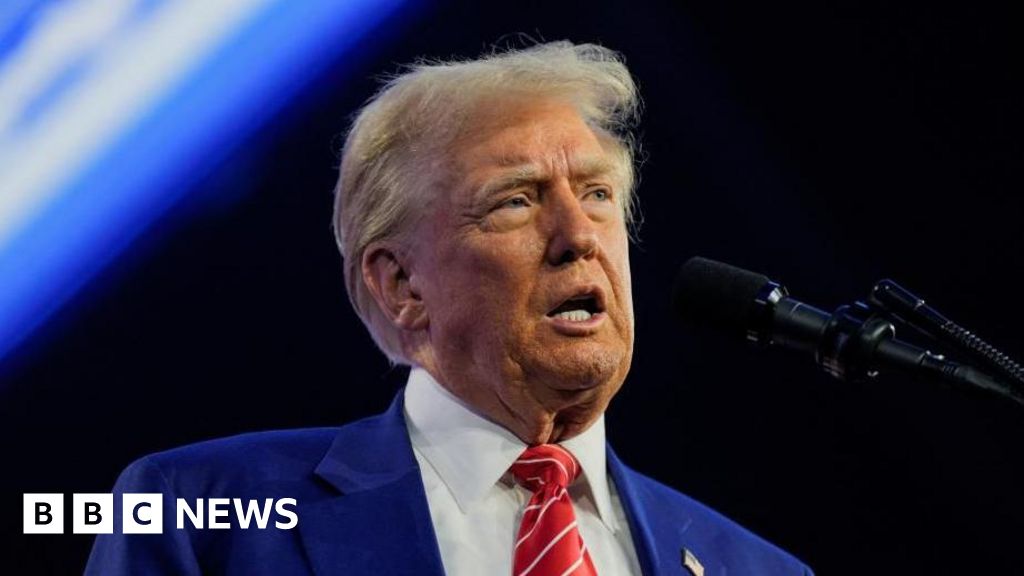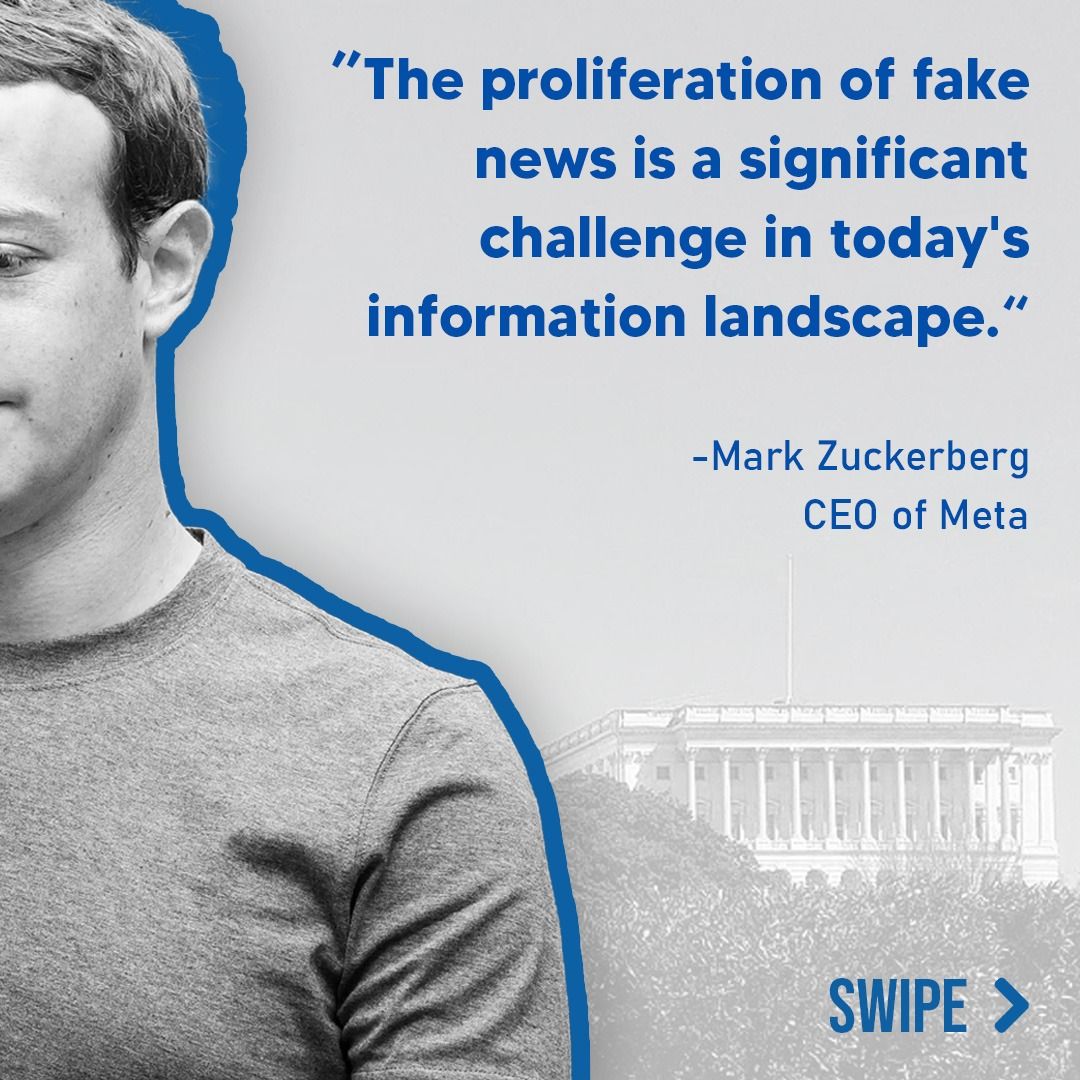“`html

Fact Check Analysis: Trump to be sentenced in hush money case on 10 January
One of our engaged subscribers submitted this article for fact-checking due to concerns about possible misinformation and unclear legal context. As DBUNK LLC prides itself on promoting truth and transparency, we have thoroughly examined the article, originally published on the BBC’s website and linked here, to provide clarity and address potential inaccuracies or bias.

Preliminary Fact Check Findings
In reviewing the article titled “Trump to be sentenced in hush money case on 10 January,” we identified instances of misleading statements, missing context, and bias in how certain aspects of the legal arguments and developments were presented. While the article is based on fact, such nuances could inadvertently misinform readers about the legal complexities involved in Donald Trump’s ongoing legal challenges.
Key Analysis and Findings
1. Misrepresentation of Sentencing Context: The article claims that Donald Trump will be sentenced “less than two weeks before he is set to be sworn in as president.” This statement is factually incorrect, as currently there is no confirmation or legal basis suggesting Trump has been elected president or is set to be “sworn in” for any forthcoming presidency. Declaring this without evidence misrepresents the current political circumstances and gives the impression that the legal system is deliberately interfering with a transition of power when, in fact, no such transition is officially taking place.
Furthermore, Justice Juan Merchan was stated to have signaled Trump would receive an “unconditional discharge” for his conviction, but the article lacks proper context to clarify that this potential sentencing outcome is legally permissible and not necessarily an extraordinary or politically motivated decision. By omitting an explanation of why such a ruling might occur, readers are left with a narrative open to bias and speculation.

2. Misleading Description of Presidential Immunity: The article references a July Supreme Court ruling regarding presidential immunity, stating presidents have “broad immunity from criminal prosecution for ‘official actions’ they take while in office.” However, this ruling does not cover criminal charges unrelated to official duties, such as the falsification of business records highlighted in this case. By not explicitly emphasizing this fundamental limitation, the article risks creating ambiguity about the scope of presidential immunity, leaving some readers falsely believing that any legal prosecution of Trump conflicts with judicial precedent.
3. Missing Context Around Trump’s “Witch Hunt” Allegation: Trump’s team has repeatedly framed the case against him as a “witch hunt.” Yet, the article fails to delve deeper into the legal arguments his attorneys have raised. For instance, Trump’s team unsuccessfully argued that his conviction conflicts with the timing of the presidential campaign and impairs his ability to govern. This legal strategy reflects a focus on procedural hurdles rather than substantive refutation of the charges. The lack of detailed explanation misguides readers into viewing Trump’s claims of victimization solely as political rhetoric, without understanding the procedural nature of his legal appeals.

Addressing User’s Question: “If Trump’s team says this case is a ‘witch hunt,’ why haven’t they managed to get it dismissed already? What’s their actual legal argument?”
Trump’s legal team has pursued several avenues to dismiss or delay the case, with most centering on procedural arguments rather than the substance of the charges. Key points in their approach include asserting presidential immunity under the guise of ensuring a fair presidential campaign, challenging the politicization of the judicial system, and highlighting potential overreach in the prosecution of falsified business records charges. However, none of these arguments have been persuasive enough to overturn the conviction or dismiss the case entirely.
Importantly, the claim of a “witch hunt” reflects a political rather than a legal argument. Judges, including Justice Juan Merchan, have reaffirmed that the proceedings against Trump are constitutionally valid and do not breach standards set by prior Supreme Court judgments. This illustrates the difficulty Trump’s team faces in substantiating claims that this case is a politically motivated attack rather than a legitimate legal pursuit.
The inability to dismiss the case thus stems from its robust legal foundation: evidence supports the charges, and the Supreme Court’s precedent limits dismissals on the basis of procedural immunity claims for actions unrelated to the presidency.
Conclusion
This article contains factual reporting on Trump’s legal circumstances but falls short of providing full, fair, and nuanced context to help readers navigate the complexities of the situation. By misrepresenting his current status, incorrectly framing sentencing discussions, and failing to sufficiently explain legal doctrines, it risks contributing to the very misinformation that platforms like DBUNK aim to rectify.
As misinformation spreads rapidly online, clarity and context are vital. This underscores the need for tools like our DBUNK app to help readers dissect truth from bias, no matter the source.

Stay informed and empowered. Download the DBUNK app today to join our community, fact-check content, and uphold truth in media. Together, we can combat misinformation and promote transparency!
“`

